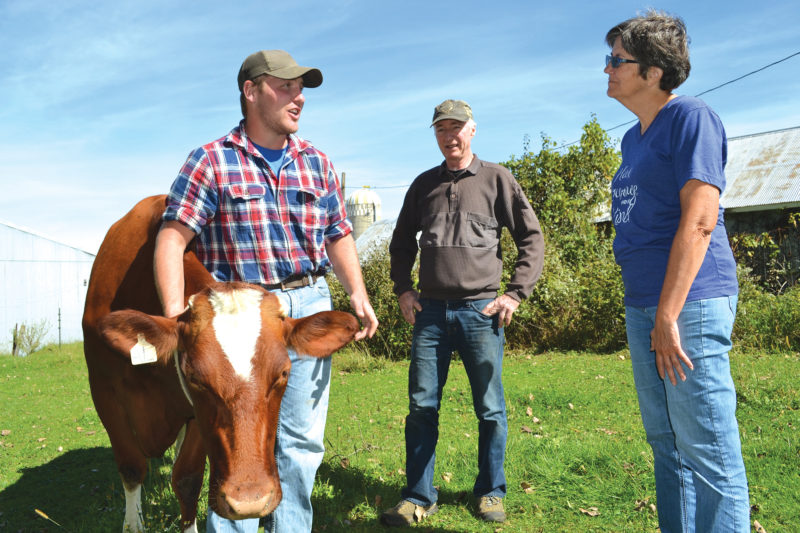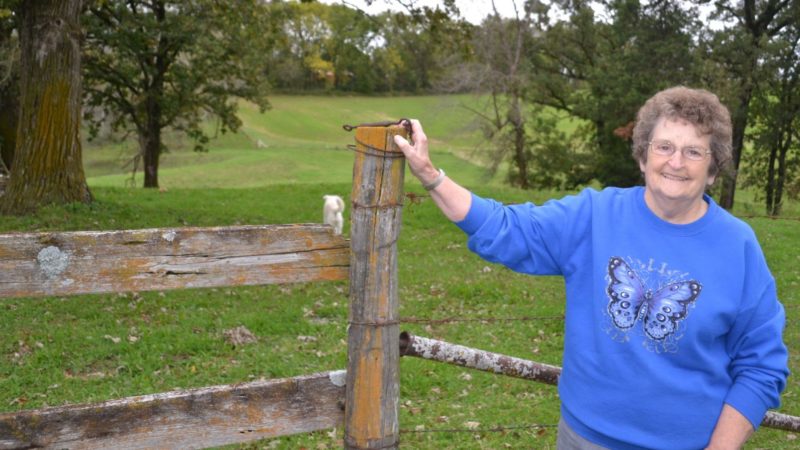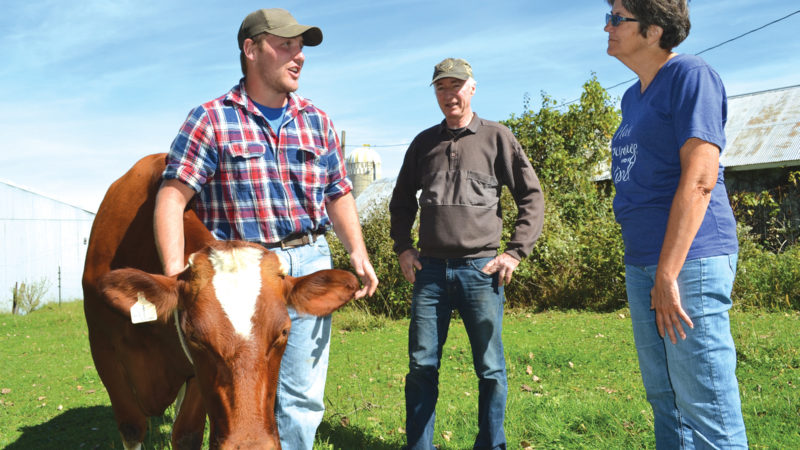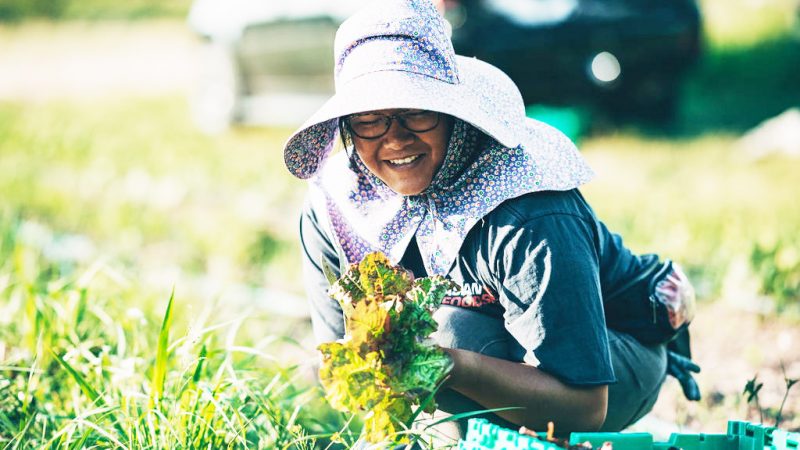“As a landowner, you have the power to determine the legacy of your
land — that decision is the most important decision you can make.”
— Bill McMillin, who, with his wife Bonnie, transitioned the
family farm to a beginning farmer
Applications are now open for LSP’s 2026 Farm Transition Course. For details, click here.
You are in the right place to move down the path of transitioning your farm to the next generation. Fulfilling a land legacy is rewarding. There is  a sense of peace knowing the land will continue to be cared for by a beginning farmer and that the land will provide a home and livelihood for the next generation. But there are a lot of questions to ask and there is a lot of planning that goes into the farm transition journey.
a sense of peace knowing the land will continue to be cared for by a beginning farmer and that the land will provide a home and livelihood for the next generation. But there are a lot of questions to ask and there is a lot of planning that goes into the farm transition journey.
What is your vision for your farm? How does this fit into the context of the larger rural landscape? What is the land’s best use?
You do not have to do this alone, there are a number of resources (below), plus people who are willing and able to help. Please reach out to LSP’s Karen Stettler via e-mail or at 612-767-9885 with questions or for more information.
Getting Started
Here are some important steps in the Farm Transition Planning process:


